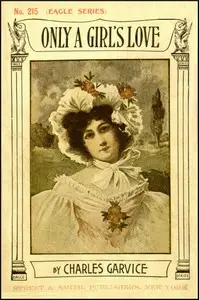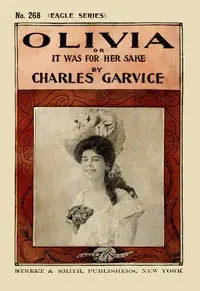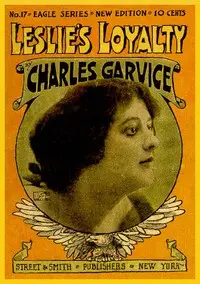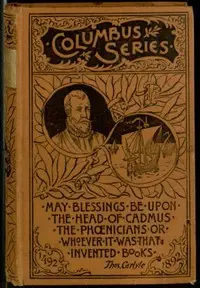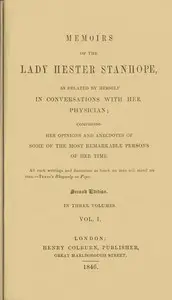"Just a Girl" by Charles Garvice is a story set in a bustling Australian gold mining camp in the late 1800s, filled with rambunctious characters and high stakes. It follows Esmeralda, an orphaned girl discovered and raised by the miners of the camp, who transforms from a wild child of the saloon to an heiress confronted by her past. The narrative begins with a chaotic scene in the Eldorado Saloon, highlighting the rough environment where Varley Howard, a gambler with a hidden soft spot, becomes Esmeralda's unlikely guardian, revealing her past and the societal expectations that threaten to change her life forever. This tale explores identity, belonging, and the struggle to balance a carefree upbringing with her newfound wealthy identity, showcasing the clashes between social expectations and personal growth.
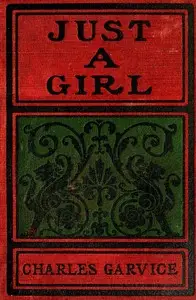
Just a girl
By Charles Garvice
Raised in a boisterous gold mining camp, an orphaned girl's life turns upside down when she discovers her true identity as an heiress.
Summary
About the AuthorCharles Garvice was a prolific British writer of over 150 romance novels, who also used the female pseudonym Caroline Hart. He was a popular author in the UK, the United States and translated around the world. He was ‘the most successful novelist in England’, according to Arnold Bennett in 1910. He published novels selling over seven million copies worldwide by 1914, and since 1913 he was selling 1.75 million books annually, a pace which he maintained at least until his death. Despite his enormous success, he was poorly received by literary critics, and is almost forgotten today.
Charles Garvice was a prolific British writer of over 150 romance novels, who also used the female pseudonym Caroline Hart. He was a popular author in the UK, the United States and translated around the world. He was ‘the most successful novelist in England’, according to Arnold Bennett in 1910. He published novels selling over seven million copies worldwide by 1914, and since 1913 he was selling 1.75 million books annually, a pace which he maintained at least until his death. Despite his enormous success, he was poorly received by literary critics, and is almost forgotten today.







